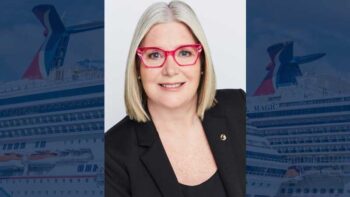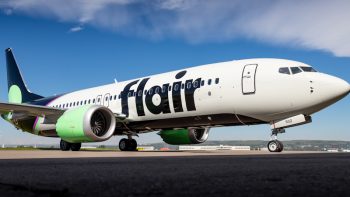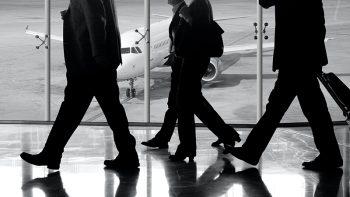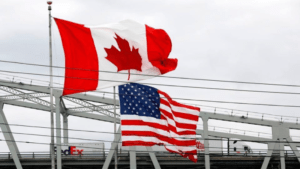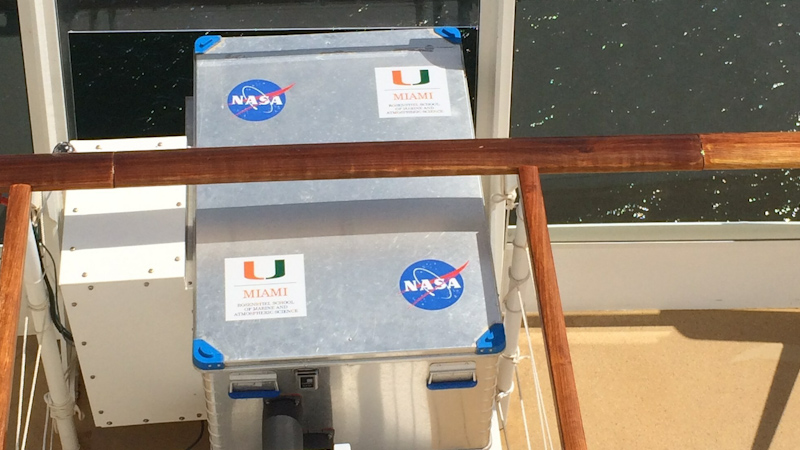
Royal Caribbean Group, the parent company of Royal Caribbean International, Celebrity Cruises and Silversea, has announced a four-year extension of its investment in OceanScope, an open-source data program that provides scientists with critical information to study climate and ocean conservation.
Announced on World Oceans Day, the extension builds on 20 years of public-private collaboration with the University of Miami, NASA, and the National Oceanic and Atmospheric Administration (NOAA) to address ocean health issues via groundbreaking ocean and marine life research from Royal Caribbean Group ships.
OceanScope uses instruments located onboard Royal Caribbean Group ships, that generate continuous, simultaneous collection of the ocean's vital signs such as the structure of currents, sea surface temperature, carbon dioxide concentrations, and salinity taken along the repetitive ship routes – which allows scientists to monitor changes on scales of seasons, years, and even decades.
"At Royal Caribbean Group, every day is World Oceans Day – and we are thrilled to renew a program as impactful to oceanic research as OceanScope," said Jason Liberty, president and CEO, Royal Caribbean Group.
OceanScope's open-source database is available to the international scientific research community worldwide. The resulting data products and peer-reviewed research are key to informing ocean and conservation policy.
Launched in 2002, the program helped verify for the first time that ocean acidification – a reduction in pH over an extended period of time caused primarily by uptake of carbon dioxide from the atmosphere was occurring in the Caribbean Sea but at varying rates. Ocean acidification is detrimental to calcifying organisms such as oysters, clams, sea urchins, shallow water corals, deep sea corals, and calcareous plankton, and an ongoing concern for the entire food web.

Extending OceanScope on Royal Caribbean Group ships helps ensure ongoing monitoring and changes of key ocean and atmospheric processes in critical ecosystems.
As of 2023, data has been collected from over 100,000 nautical miles sailed from four ships, traveling across the Caribbean Sea, Galapagos, North Atlantic and Mediterranean Sea. Royal Caribbean Group intends to share the program's learning to its more than eight million guests annually in an effort to increase ocean literacy.
Royal Caribbean Group's conservation work with OceanScope is one aspect of its commitment to sustaining the planet as part of its SEA the Future platform.
Royal Caribbean Group is also actively working to decarbonize its business through innovation, collaborative partnerships and a transition to cleaner fuels, smarter technologies, and improved energy efficiencies. Ultimately, the company's efforts are driving toward – Destination Net Zero – a commitment to reach net-zero by 2050 and to deliver a net-zero emissions cruise ship by 2035.
More information about Royal Caribbean Group's conservation efforts is available here.

